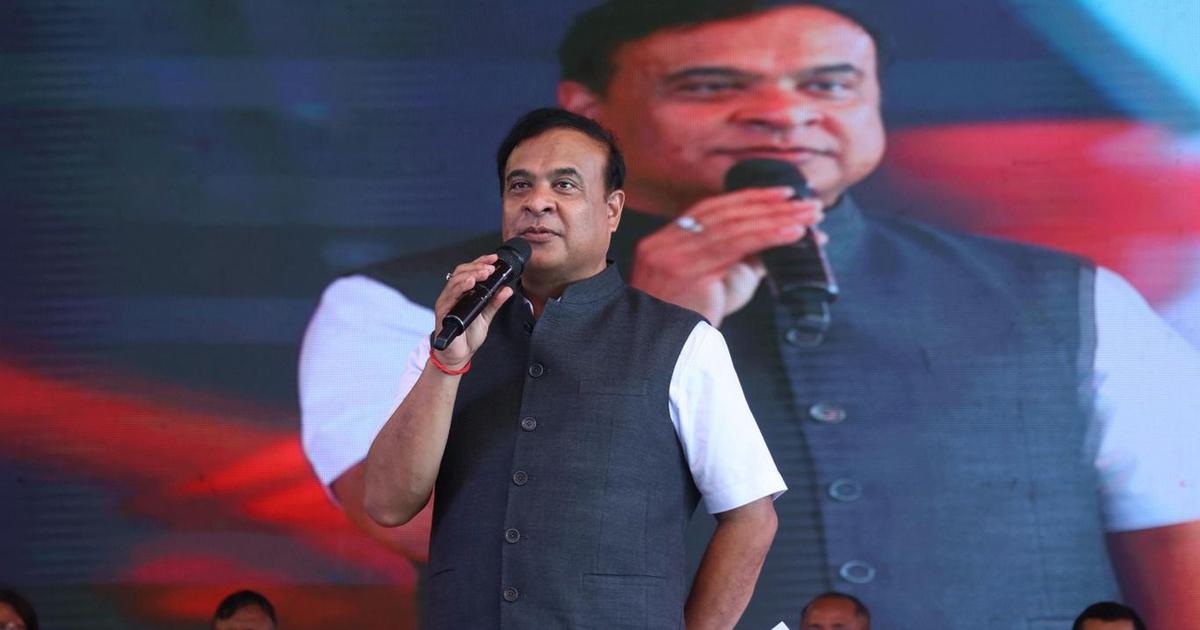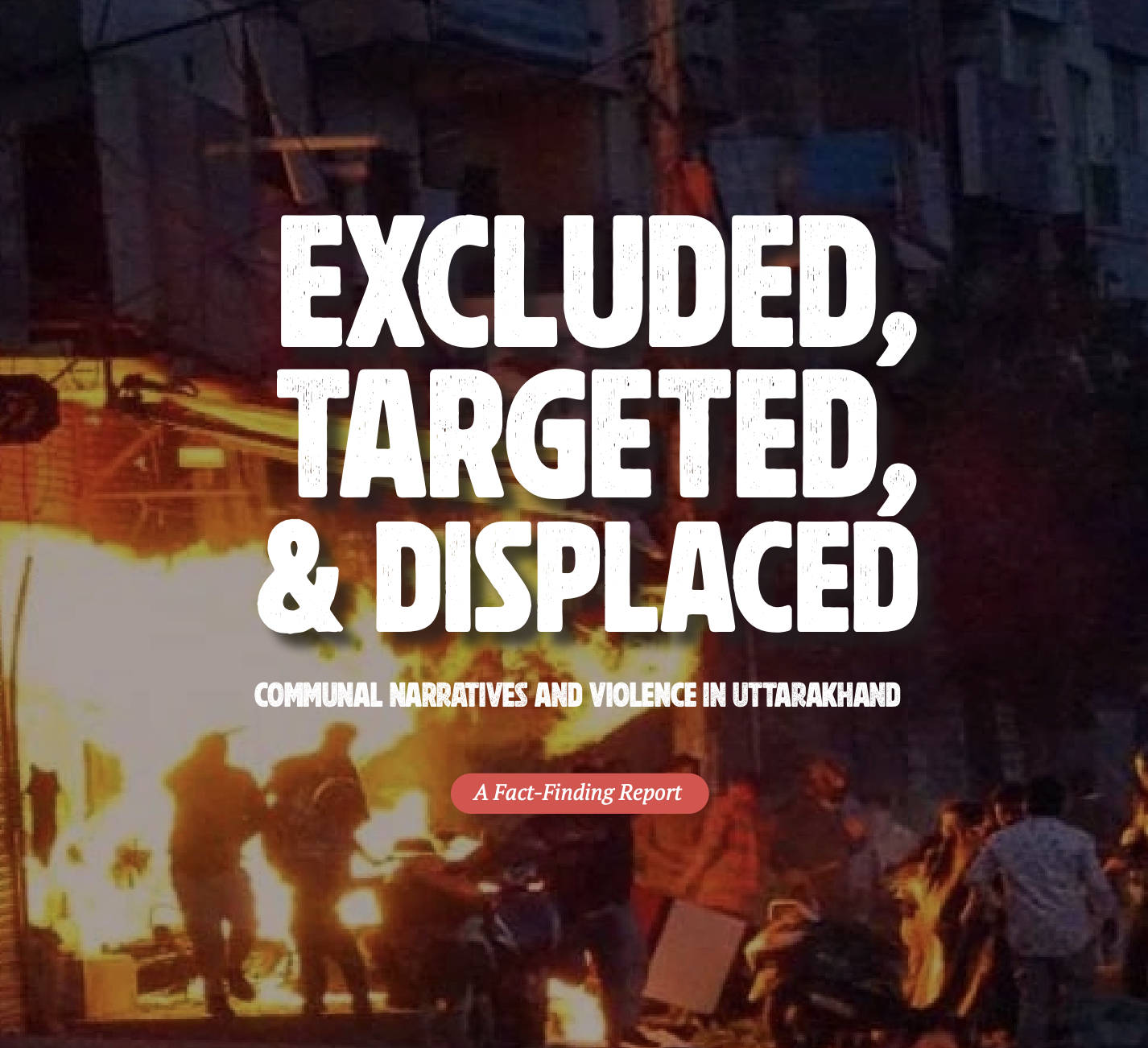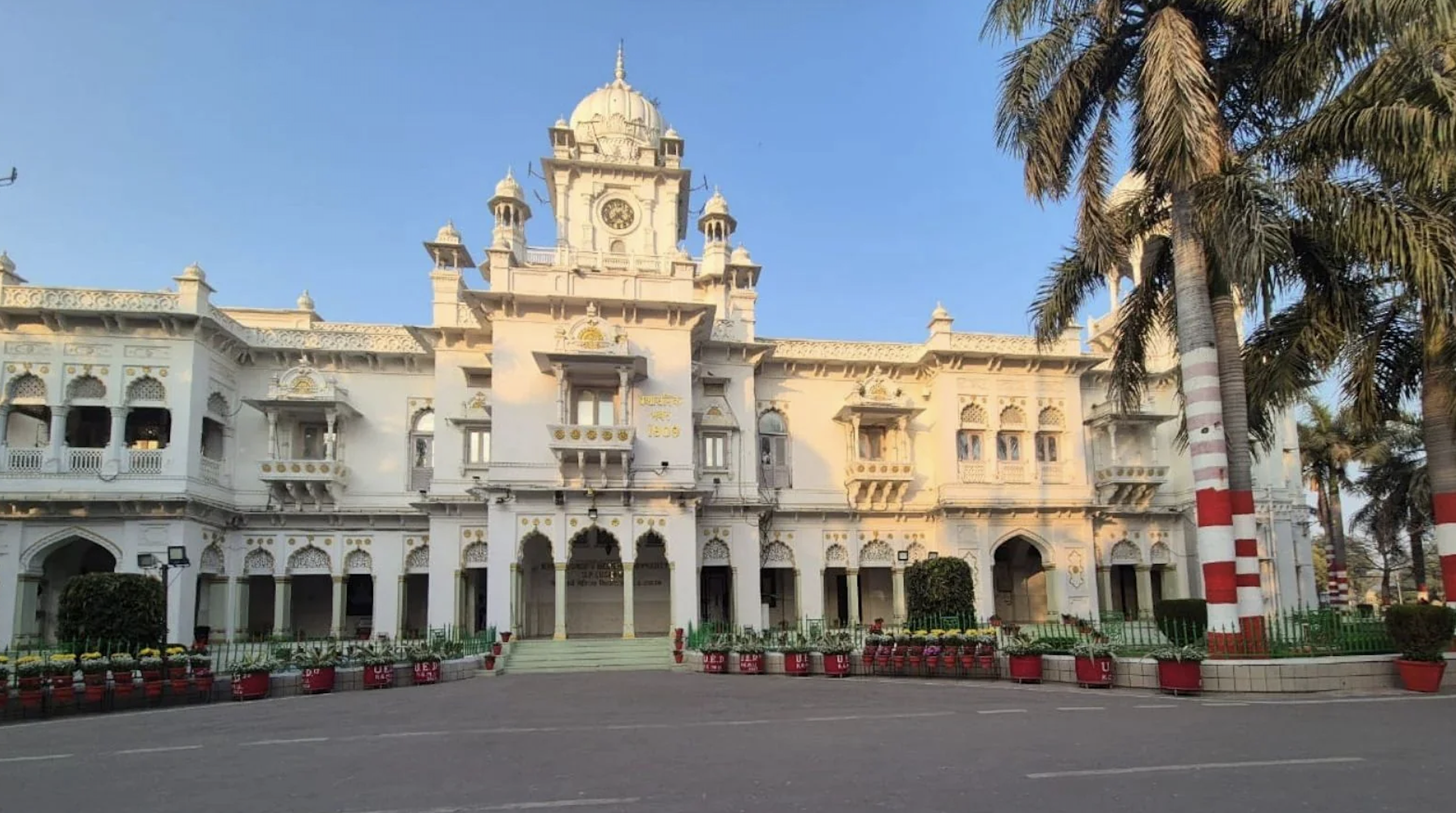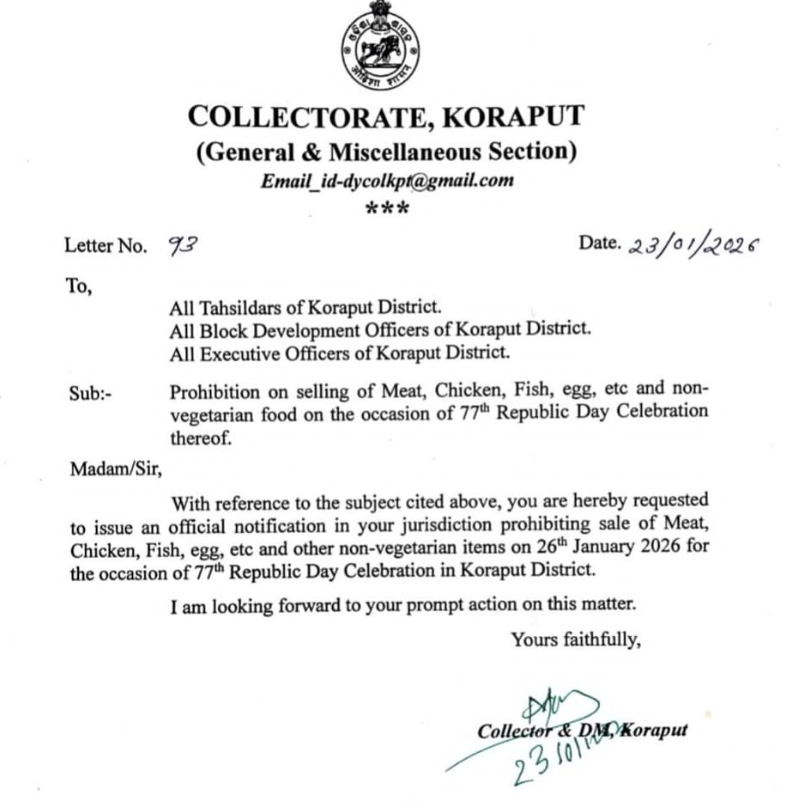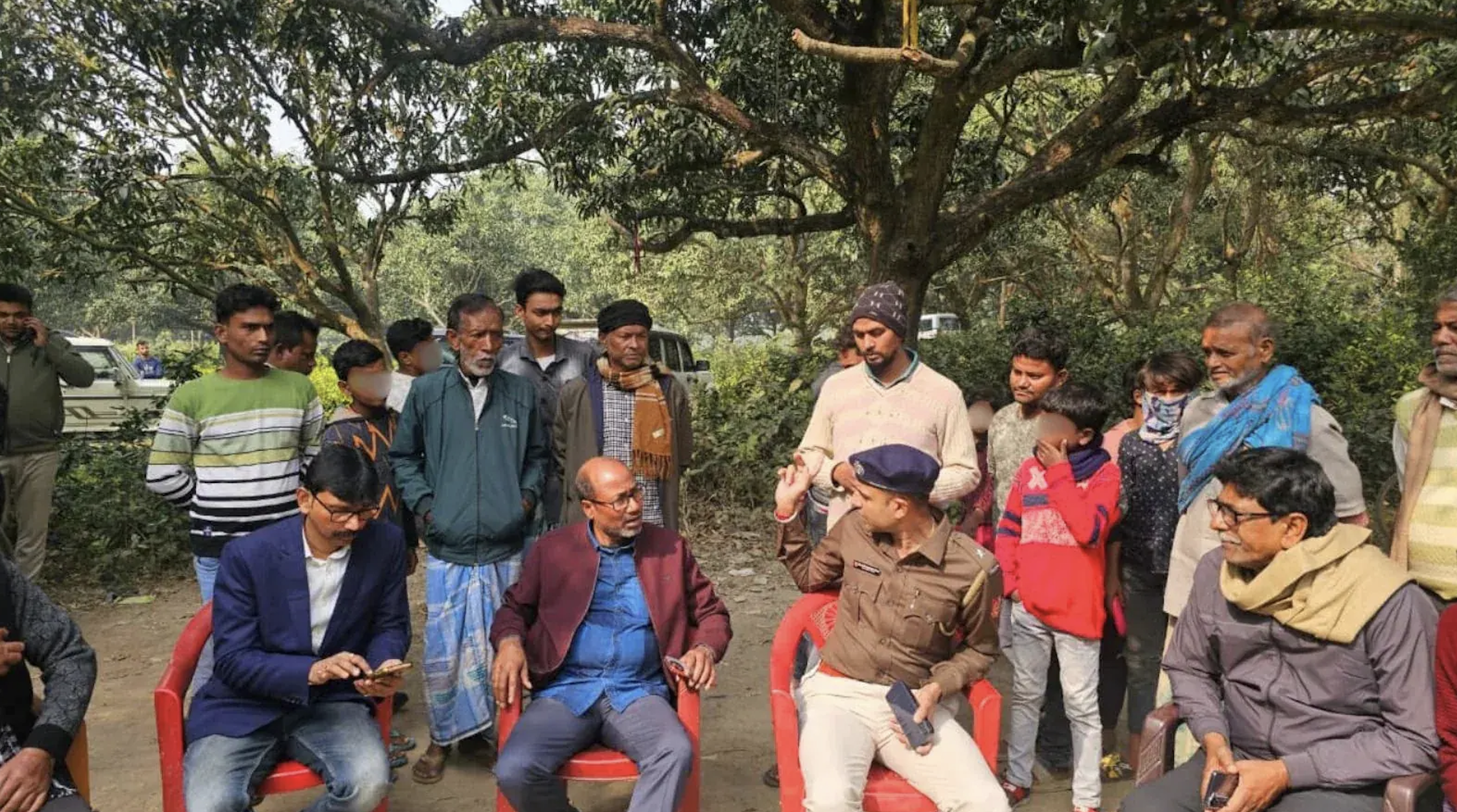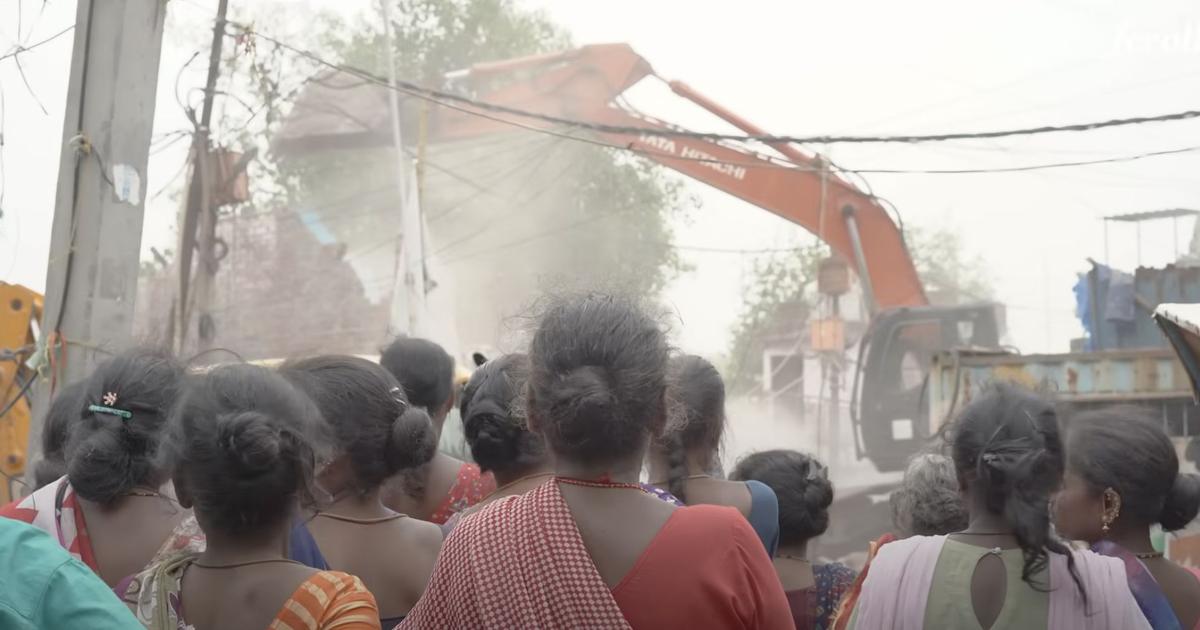
In the first week of June, hundreds of houses in Madrasi Camp, a slum cluster in Delhi’s Jangpura neighbourhood, were demolished by the Delhi Development Authority. The demolition followed an order from the Delhi High Court, passed on July 8, 2024, in a public interest litigation by one Shabnam Burney.
The litigation had nothing to do with Madrasi Camp – its residents were not even a party to the case.
The original petition was filed against two private builders for alleged illegal construction in a completely different neighborhood of Delhi, Shaheen Bagh, several kilometers away from Jangpura. In a sweeping order, the High Court expanded the scope of the petition, directing authorities to remove all encroachments from the Yamuna floodplains, a move that suddenly put thousands of homes in slum clusters abutting the river, including those in Madrasi Camp, at risk of demolition.
“This is a classic case of the court passing an order without appreciating the legal protections available to slum dwellers,” argued Talha Abdul Rahman, an Advocate on Record at the Supreme Court who represented some of the residents in court. “The order was passed without even hearing the people whose lives it would upend.”
The demolition at Madrasi Camp is not an isolated incident. Over the last year, Delhi has witnessed a spate of evictions from slums, often carried out with little to no notice. According to legal experts, this has been enabled by a recent shift in the judiciary’s approach, which has increasingly tolerated summary evictions and diluted the legal rights of the urban poor.
Safety net
For over a decade, slum dwellers in Delhi were protected by a robust legal framework. The foundation was laid by the Delhi High Court’s landmark 2010 judgment in Sudama Singh v Government of Delhi. The court held that the right to housing is a fundamental right and that slum residents could not be treated as “secondary citizens”. It mandated “meaningful engagement” with residents before any eviction and directed the government to frame a comprehensive rehabilitation policy.
This story was originally published in scroll.in. Read the full story here.


